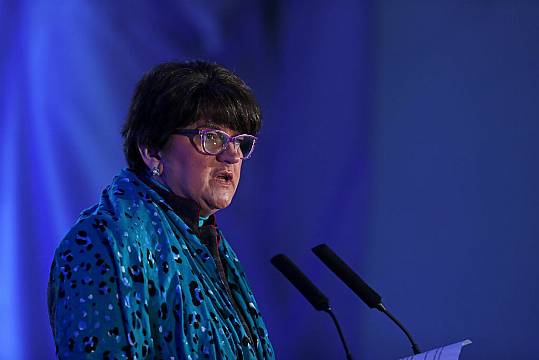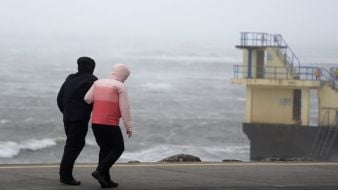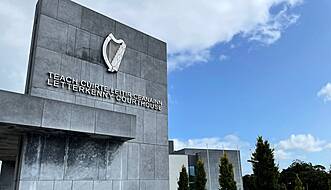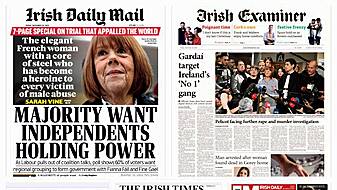Residents of homes for unmarried mothers and their children in Northern Ireland suffered a “lifetime of trauma”, Stormont’s First Minister has said.
A “victim-centred” independent investigation was ordered and Arlene Foster pledged the voices of survivors would be heard “loudly and clearly”.
A research report into operation of the institutions examined eight mother and baby homes, a number of former workhouses and four Magdalene laundries.
Ms Foster said: “It is with huge regret that we acknowledge the pain of those experiences and the hurt caused to women and girls who did nothing more than be pregnant outside of marriage, some of them criminally against their will.
“None of us should be proud of how our society shunned women in these circumstance and of their experiences while resident in these institutions.”
More than 10,500 women entered mother and baby homes over a 68-year period from 1922.
Around a third of those admitted were aged under 19 and most were from 20-29.
A number were the victims of sexual crime, including rape and incest.
Ms Foster added: “The research report to be published later today is only the start of a process to allow the long-silenced voices of women and their children to be heard.
“For too long they have carried a burden of shame and secrecy.
“Too often their treatment from those who were in positions of power and trust caused them real harm and a lifetime of trauma.”
Infant mortality
Around 4 per cent of babies were either stillborn or died shortly after birth across the entire period.
The research report does not reach firm conclusions about rates of infant mortality in mother and baby homes, the DUP leader added.
An estimated 32 per cent of infants were sent to baby homes following separation from their birth mother.
Other babies were boarded out – fostered in today’s terms. Others [around a quarter of babies] were placed for adoption.
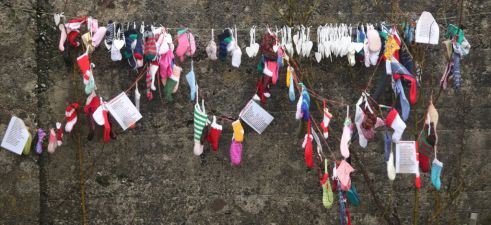
In the Republic, the report of the Commission of Investigation into Mother and Baby Homes was published on January 12th. It revealed stories of cruelty, emotional abuse and soaring infant death rates in a series of State- and religious-run institutions.
Taoiseach Micheál Martin said the report outlined a “dark, difficult and shameful chapter of recent Irish history” in which an “extraordinarily oppressive culture” had “treated women exceptionally badly”.
The State, churches, the families of pregnant women and the fathers of their children were responsible for the ill-treatment of women, according to the report which took more than five years to research and compile.
